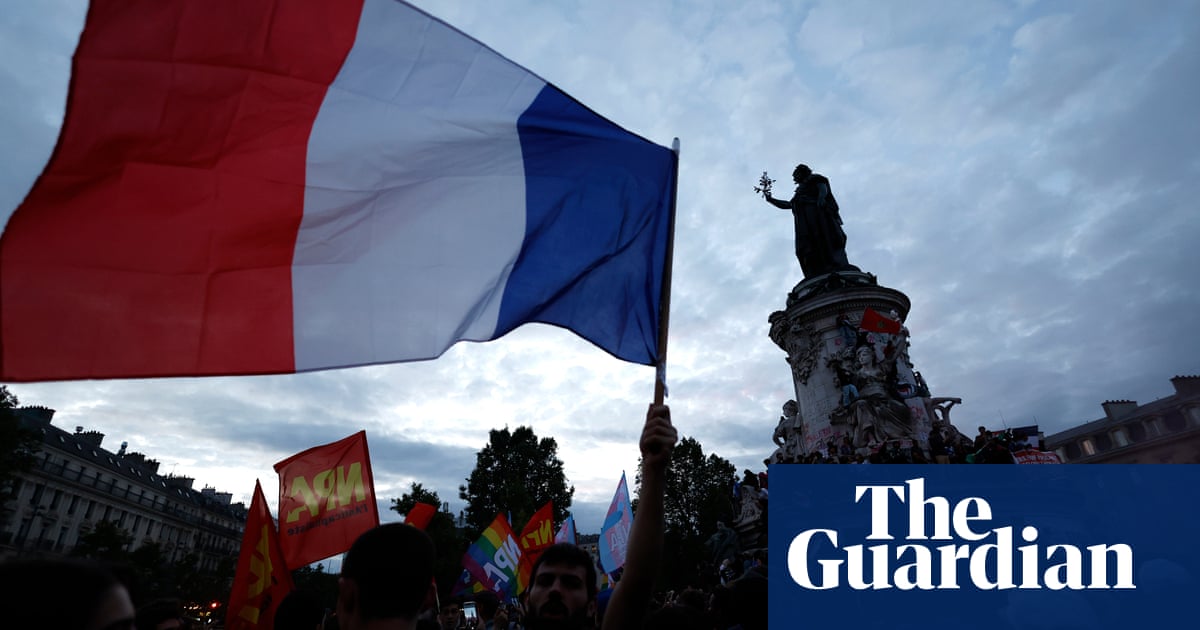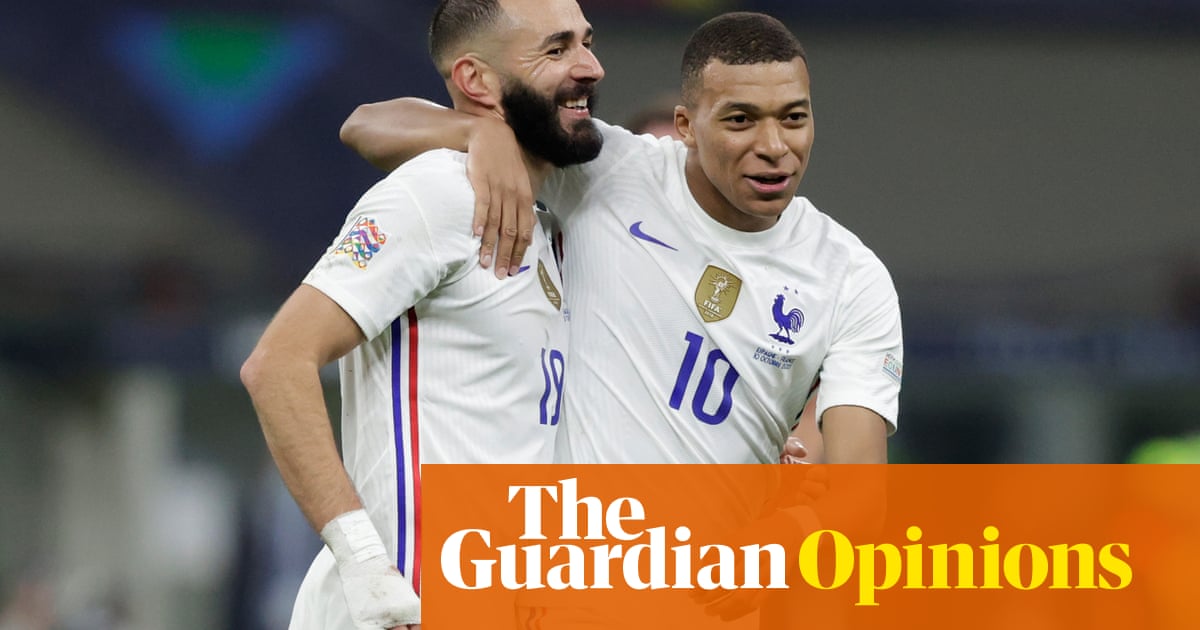
Emmanuel Macron has become the first sitting French president to win an election in two decades — and the first to do so with a parliamentary majority since Charles de Gaulle. It is an extraordinary achievement for the young French leader, yet his triumph is limited in the extreme. Many did not vote and many more only voted against his opponent, Marine Le Pen, and not for him or his program. Many French voted for who they hated least.
Was this the runoff the French electorate wanted — a rerun of 2017, when Macron thrashed Le Pen in the second round by more than 30 percentage points? It highlighted the paucity of choices during this election that it came back to these final two. Few French voters felt inspired. Enthusiasm was largely absent. Macron is no longer the insurgent wrecking the traditional two-party framework. He is now very much part of the establishment furniture. Nevertheless, it was an election in which little quarter was given, with wildly competing visions offered to the French public. However, neither of them was seemingly able to capture the people’s hearts.
This was why Macron’s last-minute alarm calls for people to get out and vote were all about the shock Brexit referendum in the UK and the election of Donald Trump in the US in 2016. He knew that non-voters and those who cast blank ballots could prove crucial. “Think about what British citizens were saying a few hours before Brexit or (people) in the United States before Trump’s election happened: ‘I’m not going, what’s the point?’ I can tell you that they regretted it the next day. The next day they woke up with a hangover,” he said.
A large part of Macron’s strategy in the second round had focused on the dangers of the extreme right, presenting Le Pen as a pawn of Moscow by citing the $9.8 million loan her party received from a Czech-Russian bank in 2014. “You are speaking to your banker when you speak of Russia, that’s the problem. You cannot correctly defend France’s interests on this subject because your interests are linked to people close to Russian power,” he said. Le Pen’s claim that her party was paying back the loan was hardly convincing. The Kremlin would have dearly loved a Le Pen triumph.
On the EU and NATO, the two had offered polar opposite approaches. Macron wants France to be the leading light in both. Le Pen no longer wanted France to leave the EU, but in effect to collapse the bloc from within as she insisted on placing French sovereignty above dictates from Brussels; French law above European law. She also pledged to introduce “priorite nationale,” amending the constitution to give French citizens superior legal rights to non-French residents — which would be at odds with EU membership. Le Pen would have pulled France out of the NATO military command, even though the alliance’s members have rarely felt more under threat from Russia.
On the issue of Islamophobia, Macron warned of a civil war if Le Pen won thanks to her plans to ban the hijab in public. While the anti-immigrant, anti-Islam drive of Le Pen alienates French Muslims, many are hardly impressed with Macron, who has donned some of this Islamophobic garb in his quest for votes. In the first round of voting, 69 percent of French Muslims backed the extreme-left candidate Jean-Luc Melenchon. Le Pen focused less on the hijab ban as the campaign continued, instead nurturing a softer, less extreme image. This is a fault line in France that will only widen.
Another is the economy and the cost of living crisis, which was a focus for Le Pen with her tax-slashing agenda. The war in Ukraine helped her on this issue with the rise in fuel and food prices. But even here she did not inspire confidence. In the presidential debate on April 20, Macron riled her by pointing out that the word “unemployment” did not even appear in her manifesto. “That’s recognition for work well done over the past five years, thank you,” he said. Le Pen tried to hit Macron’s policy of raising the retirement age from 62 to 65, arguing that under Macron the French will be working for life.
Shaking off the label of being the president of the rich has proved hard for Macron. His aloof, somewhat arrogant manner does not appeal. He is always immaculately dressed in a crisp suit, emphasizing the presidential over the casual. His tendency to over-intellectualize and use obscure, antiquated French expressions does not engender warmth or closeness.
It does not bode well for France that Macron’s win was premised more on an anti-far right vote than a positive electoral embrace of what he represents. It is a very narrow and frail mandate to bring about change in a country that feels downcast and economically downtrodden.
The broader historical view shows that the far right still seems to be on the up. As the National Front candidate in 2002, Marine’s father Jean-Marie Le Pen secured just 18 percent of the vote in the second round and that felt astonishing at the time. Marine Le Pen got 34 percent in 2017 and is projected to top 40 percent this year. Who knows how strong the extremes will be next time around. The more voters that are prepared to even consider voting for the far right, the less extreme it appears to be.
To stem the seemingly inexorable rise of the extremist right, Macron will have to deliver and be seen to do so.
Chris Doyle
To stem this seemingly inexorable rise of the extremist right, Macron will have to deliver and be seen to do so. Unlike in 2017, he will have no honeymoon period. Fortunately for him, he does have considerable stamina, as the electoral battles are far from over. In June, he faces the parliamentary elections, in which he must maintain a majority to ensure he has the power to change France.
Much of Europe, especially Brussels, will this week be breathing a massive sigh of relief. A Le Pen victory would have rivalled Brexit for shock value, even more so as the Ukraine crisis has challenged European security. But they will note that the day of reckoning may still be to come and that the forces of the far right and populism are still advancing, while the traditional political elites — not just in France — are failing to come up with answers to the issues that matter to most people. The challenge to liberal democracy in France is very much alive.
Chris Doyle is director of the London-based Council for Arab-British Understanding. Twitter: @Doylech












